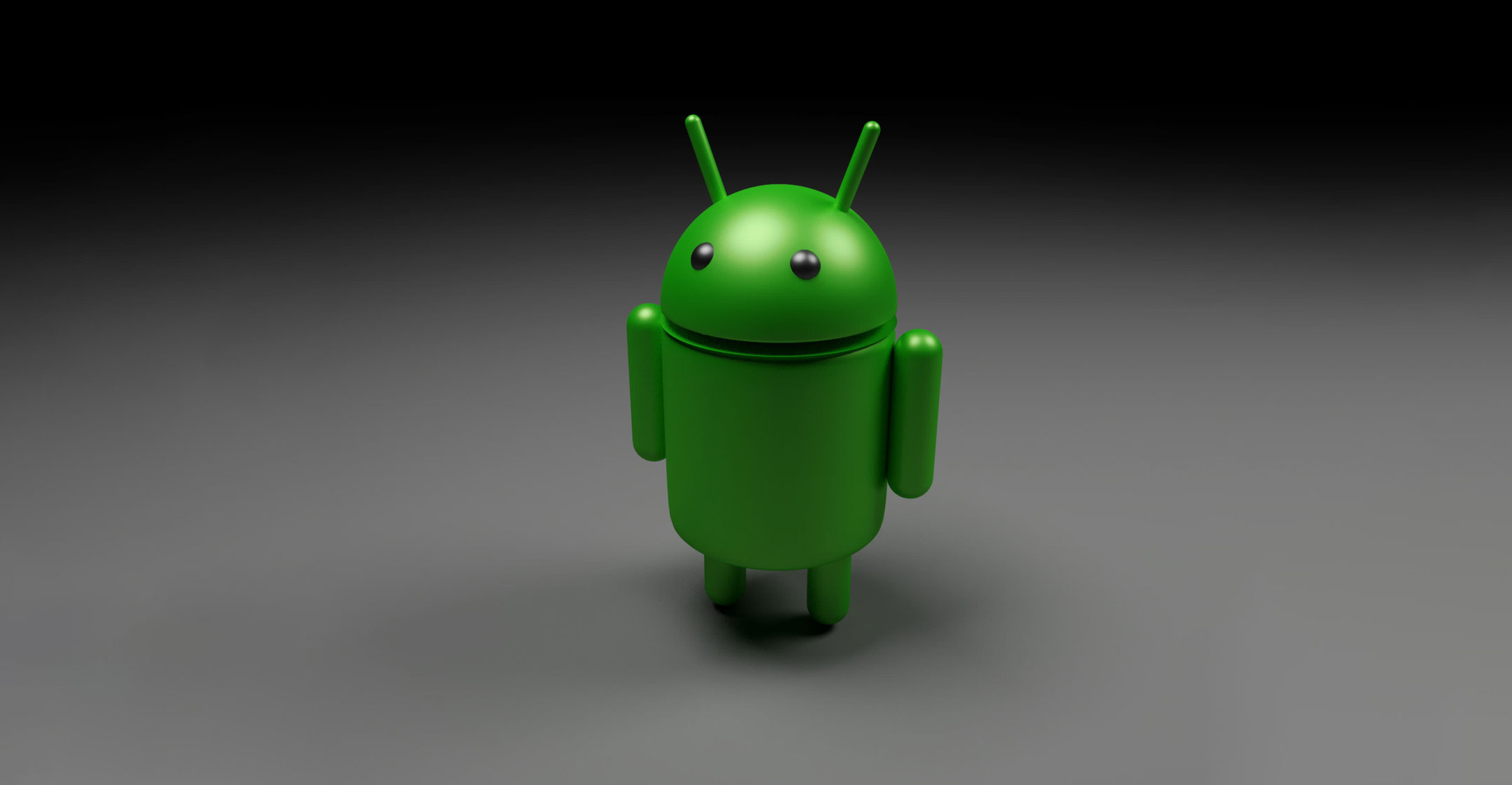 Google will start charging smartphone makers that want to install its app store and services for devices sold in Europe, changes it says it must make to comply with a European Union antitrust order in July that brought a record €4.3-billion fine.
Google will start charging smartphone makers that want to install its app store and services for devices sold in Europe, changes it says it must make to comply with a European Union antitrust order in July that brought a record €4.3-billion fine.
Starting 29 October, new phone models that install the Play store and a bundle of Google apps, including Gmail, YouTube and Google Maps, must pay a licensing fee, the Alphabet unit said in a blog posting on Tuesday. Phone manufacturers can choose to add Google’s Search and Chrome browser apps for free or install alternatives.
The Google Play store is the most important feature of the Android operating system because it brings millions of apps that make phones useful. Google had forced manufacturers to pre-install Search and Chrome if they wanted to use it, restrictions that the EU found unlawful. It gave the company a deadline of next week to stop. The changes put an end in Europe to a strategy of ensuring these money-making search and Web ads get huge distribution.
Google argues that the advertising revenue generated from the Search and Chrome apps “helped us fund the development and free distribution of Android”. Ending the deals with manufacturers that pushed those two apps out to all Android phones means the company now plans to monetise Android with the paid licensing agreement, which only affects phones shipped to Europe.
The shares of Alphabet, Google’s parent company, rose US$25.29, or 2.3%, to $1 117.54 at 1.10pm in New York trading. They’ve climbed 6.9% this year, compared to a 4.5% increase in the Standard & Poor’s 500 Index.
The European Commission said it was Google’s responsibility to comply with the order and it will monitor the effectiveness of the company’s moves.
“It is for Google to decide exactly how to comply with the commission’s decision,” EU spokesman Ricardo Cardoso said in an e-mail. “The decision does not require Google to charge for any of its apps or for the Play store.”
Gateway
The Google Play store is a gateway for Android users to access other popular non-Google apps — such as Facebook and Snapchat — so manufacturers will have an incentive to pay for the store and the extra Google apps.
Licensing fees paid by manufacturers are likely to be moderate and could be recouped by revenue-share agreements for placing Google apps prominently on a screen. Changes could take months, if not more than a year, to trickle into the market given the normal development cycles for mobile devices.
 Under the changes just unveiled, manufacturers are no longer prevented from experimenting with phones loaded with different apps or using an operating system based on the Android software but not carrying the Android name. This may not harm Google if it relies on the strength of its brand to label phones as Android. That may mean more of the Android green robot stickers at phone stores to highlight the Google-approved models.
Under the changes just unveiled, manufacturers are no longer prevented from experimenting with phones loaded with different apps or using an operating system based on the Android software but not carrying the Android name. This may not harm Google if it relies on the strength of its brand to label phones as Android. That may mean more of the Android green robot stickers at phone stores to highlight the Google-approved models.
The Developers Alliance, an app industry group that’s supported Google in the EU probe, said Google’s move to obey the EU and allow other versions of Android be sold more widely risked creating diverging devices that don’t work together.
The company is also fighting the Android decision in the EU courts, along with an earlier legal challenge to last year’s fine for its shopping service, even as regulators are weighing a third investigation into the company’s advertising contracts. — Reported Aoife White and Natalia Drozdiak,with assistance from Alistair Barr, (c) 2018 Bloomberg LP




